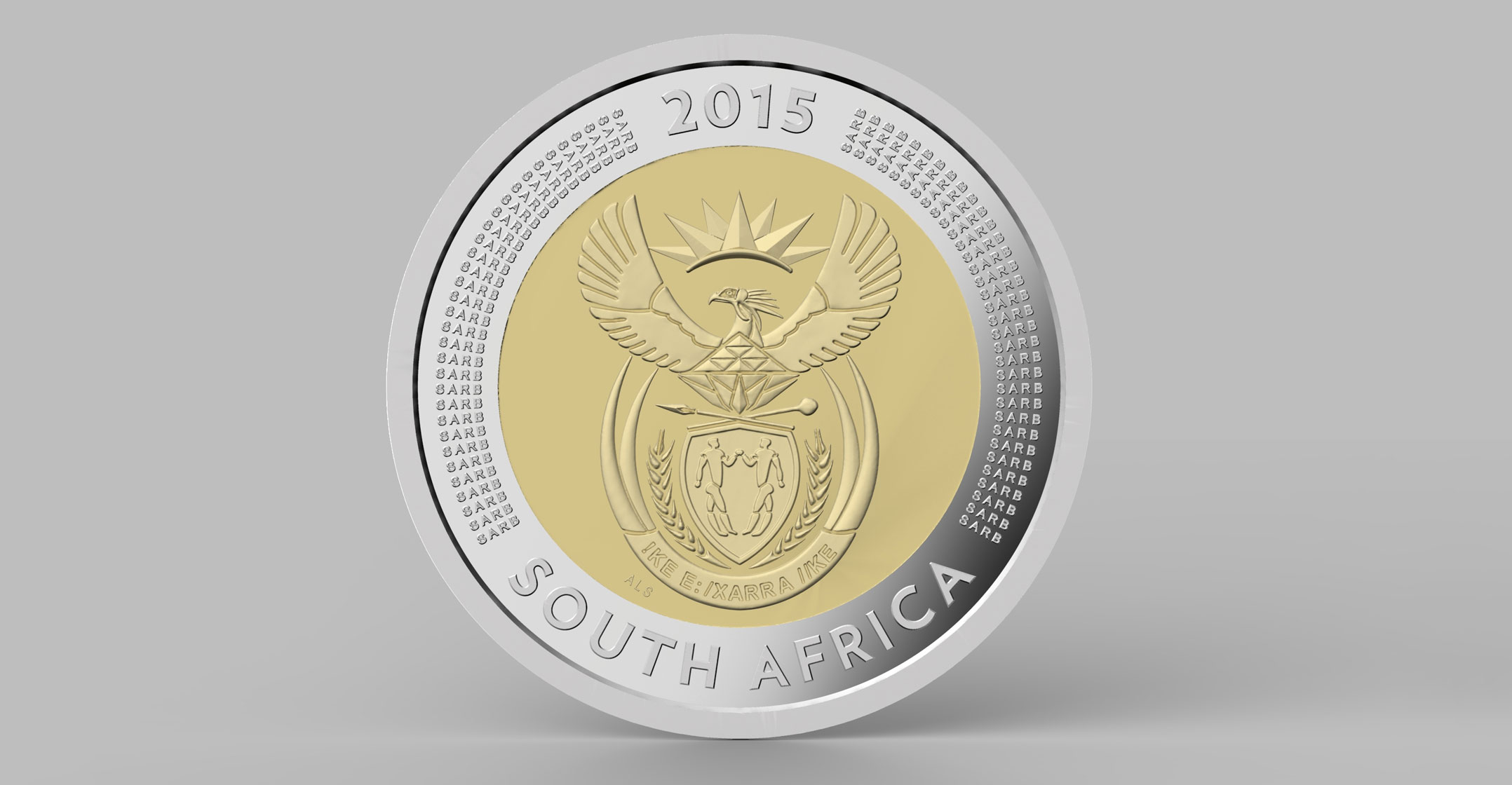
[dropcap]T[/dropcap]he rand has held up remarkably well this quarter, considering the headwinds: an economy in recession, credit ratings reduced to junk, a government mired in allegations of corruption and a ruling party distracted by a power struggle.
It won’t last, say Citigroup and Morgan Stanley.
The rand has gained 3.1% against the dollar since the end of March as the country’s relatively high yields continued to attract buyers. South African 10-year government bonds yield 8.7%, second only to Turkey among 28 developing nations tracked by Bloomberg indexes. That’s handed investors a carry trade return of 4.6%. But the rand’s predicted return for the next quarter, based on forecasts for the currency plus interest rates, was a negative 2.1% on Thursday, worse than all but three emerging-market peers.
“Over the past few weeks, we have seen the rand’s run of out-performance gradually grind to a halt, and we think it will continue,” Morgan Stanley strategists including Gordian Kemen wrote in a note on Thursday. “This underperformance is the result of the cumulative effect of a string of economic and political difficulties that have hit South Africa recently. These setbacks may mark a turning point on sentiment around the rand.”
The bond market is already showing cracks as policy makers from the European Central Bank to the Bank of England prepare to follow the Federal Reserve in tightening policy over the coming months, closing the tap on the flood of money flowing into emerging markets including South Africa.
Bonds dumped
On Wednesday, foreign investors dumped the most South African bonds since Donald Trump’s election as US president in November sparked an emerging-market selloff. Investors sold a net R4.5bn of rand securities, bringing average daily outflows in the past month to R52m. The country depends on portfolio flows to finance a current-account deficit that swelled from 1.7% to 2.1% of GDP in the first quarter.
“The potential adjustment in the fixed-income markets may upset higher-yielding flows in emerging markets,” Citigroup strategists Luis Costa and Toller Hao wrote in a note on Wednesday. Citigroup closed its short dollar-rand positions and downgraded South African bonds to market weight from overweight. “The rand remains a very sensitive currency relative to fluctuations in portfolio flows.”
Bearish bets are stacking up. The premium of options contracts to sell the rand versus those to buy it over the next three months climbed 40 basis points in the past month to 3.1 percentage points, the highest since April and the most out of 21 emerging-market currencies barring Russia’s ruble. Most developing-nation currencies will continue to do well as the dollar falters and risk appetite remains firm, according to Morgan Stanley. But South Africa’s weak economy and political risk make the rand vulnerable.
“We expect emerging markets to ride out any additional volatility created by a repricing of central bank monetary policy in the developed world,” the Morgan Stanley strategists wrote. “South Africa is an important exception.” — Reported by Robert Brand, (c) 2017 Bloomberg LP




